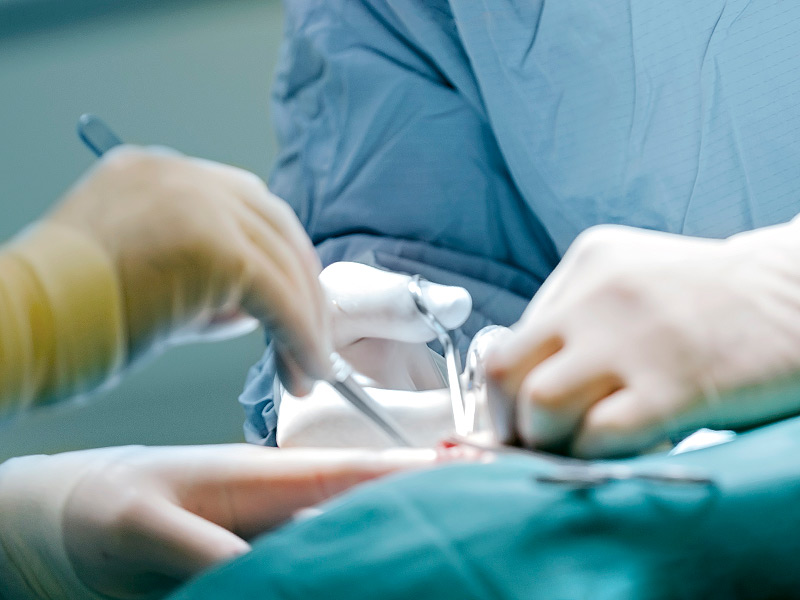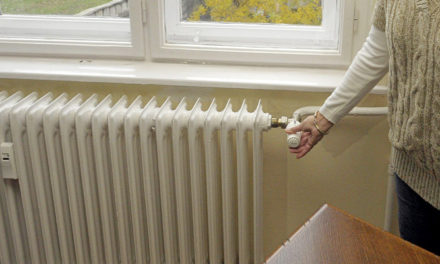The number of cases in France in which teenagers regret having undergone sex-changing medical treatment, or even surgery, is increasing. The phenomenon was reported by the French Academy of Medicine in a study on the subject.
In the document, the institution calls for caution and prudence on the part of doctors and their patients, highlighting that the gender identity disorder (dysphoria) established in teenagers with psychological disorders is either a misdiagnosis, or a correct but exaggerated one. Therefore, according to the academy, the psychological care of patients examined with presumed transgender should be prolonged for as long as possible in order to obtain complete certainty.
The study also provides statistics. According to data from the French public health insurance
the number of cases investigated and registered with suspicion of transgenderism increased tenfold every year between 2010 and 2020. Moreover, the phenomenon mostly affected the young age groups, the 18-35-year-olds. 70 percent of the patients examined with gender identity disorder were young people between the ages of 18 and 35, and among the remaining thirty percent there were many adolescents and minors under the age of 18.
ADDED TO THIS IS THE FACT THAT DURING THE SAME PERIOD - BETWEEN 2010 AND 2020 - THE NUMBER OF FRENCH MINORS WHO INTEND TO CHANGE THEIR GENDER INCREASED EIGHT TIMES.
LGBTQ propaganda 'drag queens' use every opportunity to influence children
According to Arnaud Alessandrin, a transgender specialist at the Department of Sociology at the University of Bordeaux, a significant number of French children who undergo gender reassignment regret their decision. People who feel regret can be divided into two categories, regardless of their age. The first, which includes people who have undergone gender reassignment surgery as adults and have been misdiagnosed or overdiagnosed by doctors. They represent 1-2 percent of the trans community. The other category includes young people who underwent sex reassignment hormone therapy before reaching adulthood.
20-40 PERCENT OF THESE YOUNG PEOPLE LATER STATE THAT HORMONE TREATMENT WAS A BAD DECISION.
A growing number of stakeholders and professionals believe that the diagnosis of gender dysphoria was in many cases hasty and incorrect, because doctors ignored the real problem - and which is completely different from gender identity disorder - and then the correct diagnosis.
IN THE CASE OF TEENAGERS WISHING TO RETURN TO THEIR ORIGINAL GENDER, ANOREXIA, BULIMIA OR AUTISM WERE MOSTLY THE BACKGROUND OF THE PSYCHOLOGICAL PROBLEMS,
and not transgenderism, for which they were finally prescribed the "treatment", gynecologist Nicole Athea reports on the shocking conclusion. "Really, how can we make the right decision in anything when at the age of 15 we are struggling with all kinds of mental problems and when - nowadays - we are under the pressure of the transgender ideology every day?", Athea pointed out the real aspect of the problem in an interview with Le Parisien.
Source: Origo
Featured image: YouTube












